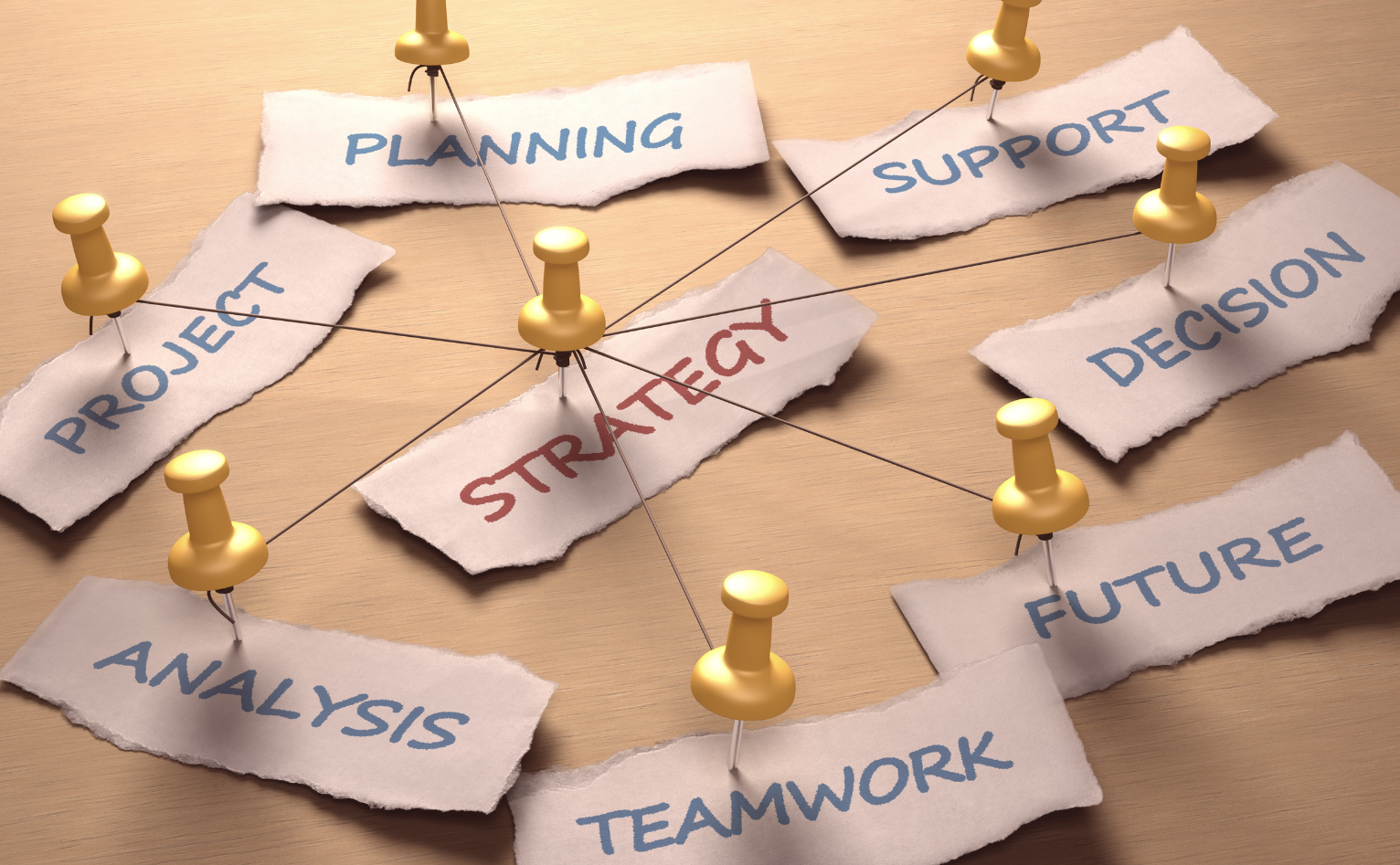Is ESG Dead? Or Just in the Middle of a Reinvention?
Daniella Foster, Executive Board Member, SVP and Global Head of Public Affairs, Science & Sustainability for Bayer’s Consumer Health Division and Board Chair at the UN Global Compact Network USA, calls for a pivot away from the "ESG" battles and to focus instead on sustainable business and the sustainability of your business.
Woke capitalism. Virtue Signaling. Just a buzzword without real substance. This is some of the language I’m sure you’ve also seen around the term “ESG,” as a part of the ongoing conversation on whether ESG is dead.
Instead, I’m a fan of Fortune’s take: ESG is dead. Long live E, S, and G. It’s time to pivot. Now!
For those, like me, who have been in this industry for a while, we know that every so often we go through a reinvention. Corporate philanthropy, corporate citizenship, corporate social responsibility, sustainability . . . the list could go on. What’s evident by these changes is that we're adapting to the business climate, with the latest incarnation moving sustainability from a nice-to-have to a business mandate.
And now we’re in the middle of another reinvention, and I think that’s a very good thing. One of the reasons “ESG” has been highly politicized is many people equate ESG with reporting and “check-the-box” management. It’s a reporting and investor acronym. It has a role, but it’s not everything. The intent – a focus on the environment, human rights, and governance – still makes good business sense and should be high on the corporate agenda. Ninety-two percent of CEOs say they are continuing their ESG programs, but most are modifying their approach. The next evolution will be focused on sustainable business AND the sustainability of your business; empowering companies to create a sustainable business model that anticipates people’s needs, helps solve world issues AND makes a profit. When this reinvention is successful, here are some of the ways I think a sustainable company will operate 10 years from now:
Aligning Lobbying Efforts with Sustainability Commitments
I participated in a COP28 session on corporate accountability and a representative from the government of Norway asked a great question: how do you know that your company is doing the right thing? One of his criteria was looking at a company’s lobbying efforts and seeing if they are congruent with their climate and human rights position. A November 2023 study by InfluenceMap showed 58% of ~300 Forbes 2,000 companies reviewed were found to be at risk of “net zero greenwash” due to their policy engagement. These are companies that have announced net zero commitments, but are not adequately supporting policy to deliver the Paris Agreement. For instance, the report calls out several gas and energy companies for making net zero commitments, but with contrarian lobbying actions such as advocating for oil and gas expansion, opposing proposed power plant rules, fossil fuel phase-outs, and climate policies.
To enable stakeholder trust and ultimately a better, more world-positive business, companies will need to align what they stand for and act upon in the public sphere.
Investment in the Future of your Business
Instead of focusing on “checking the box,” the future is about investing in the sustainability of your business, which will be fueled by being a sustainable one. Let me unpack this thought. At COP28, much of the focus was on the path to phasing out fossil fuels, but there was also a compelling conversation about the critical need to build climate resilient communities. These both can serve as business opportunities that help the world at the same time.
Companies should think of sustainability as a business accelerator, using existing strengths and core competencies as a guide. For instance, food and agriculture contributes 25% of greenhouse gas emissions worldwide, and on the flipside, also is negatively impacted by extreme weather like droughts, floods, and heat leading to food insecurity. My company, Bayer, is a leader in agriculture, these challenges are at the core of our research and development strategy — driving us to create value for both our shareholders and the planet. We’re developing ways to mitigate the adverse impacts, such as reducing the impact of our crop protection products by 30% by 2030 (as of last year, we have gotten to 14%). In addition, we’re developing new technologies that work with the changes in climate to help farmers improve their yields and minimize their environmental impacts. One example is direct-seeded rice, which moves away from the traditional growing method of flooding a paddy. This approach improves water use per kilogram of crop by 25% and reduces on-field greenhouse gasses per kilogram of crop produced in our key markets by 30%. Innovations like these also improve people’s livelihoods – one of the main audiences is smallholder farmers and innovations like these improve their productivity and the quality of their yields, in turn helping them earn more money.
Other companies are doing this today as well, but I think more companies need to do the hard work to embed sustainability into their business model to create new opportunities to propel future growth.
Using Sustainability to Drive Vision
One reason companies fail is they don’t evolve with people’s needs. And what could be a bigger need than helping people and the planet adapt to climate change and build resilience, given the impact it is and will continue to have on our livelihoods. Climate change is impacting everything from our health to our food, to our homes, and to our rights.
Think about your audience. What do you they need today and how will that evolve in the future (when climate change is likely causing even more damage)? Is your vision aligned with this? These questions sound simple, but are good ones to go back to, to ensure you are on track to be a sustainable business.
A good place to start is seeing what concerns are at the top of the list for governments and policy makers. During COP28, 200+ countries signed a historic agreement to transition away from fossil fuels; 120+ countries signed the health and climate declaration, 100+ countries endorsed tripling reliance on renewable energy sources . . . Companies that succeed in the future will marry these needs with their business core competencies to ensure the sustainability of their business moving forward.
Don’t Wait!
While I framed this blog as a hypothesis on how sustainable companies will operate 10 years from now, there’s no need to wait 10 years to evolve. Whether we call it ESG, Sustainable Business, Impact Generation, or something else, it doesn’t matter. What matters is that sustainability can and should play a central role in how companies operate. As someone whose job it has been to embed sustainability into the business strategies of both Bayer and Hilton, believe me, I know the changes I’ve outlined take hard work to achieve. But I also truly believe – and have seen — this is a key way to help business generate impact and value for shareholders, consumers, governments, and the world.
About the Author:
Daniella Foster
Executive Board Member, SVP and Global Head of Public Affairs, Science & Sustainability for Bayer’s Consumer Health Division
Board Chair, UN Global Compact Network USA
Photo: Andrey Popov, ©️Bayer
Read perspectives from the ISSP blog



